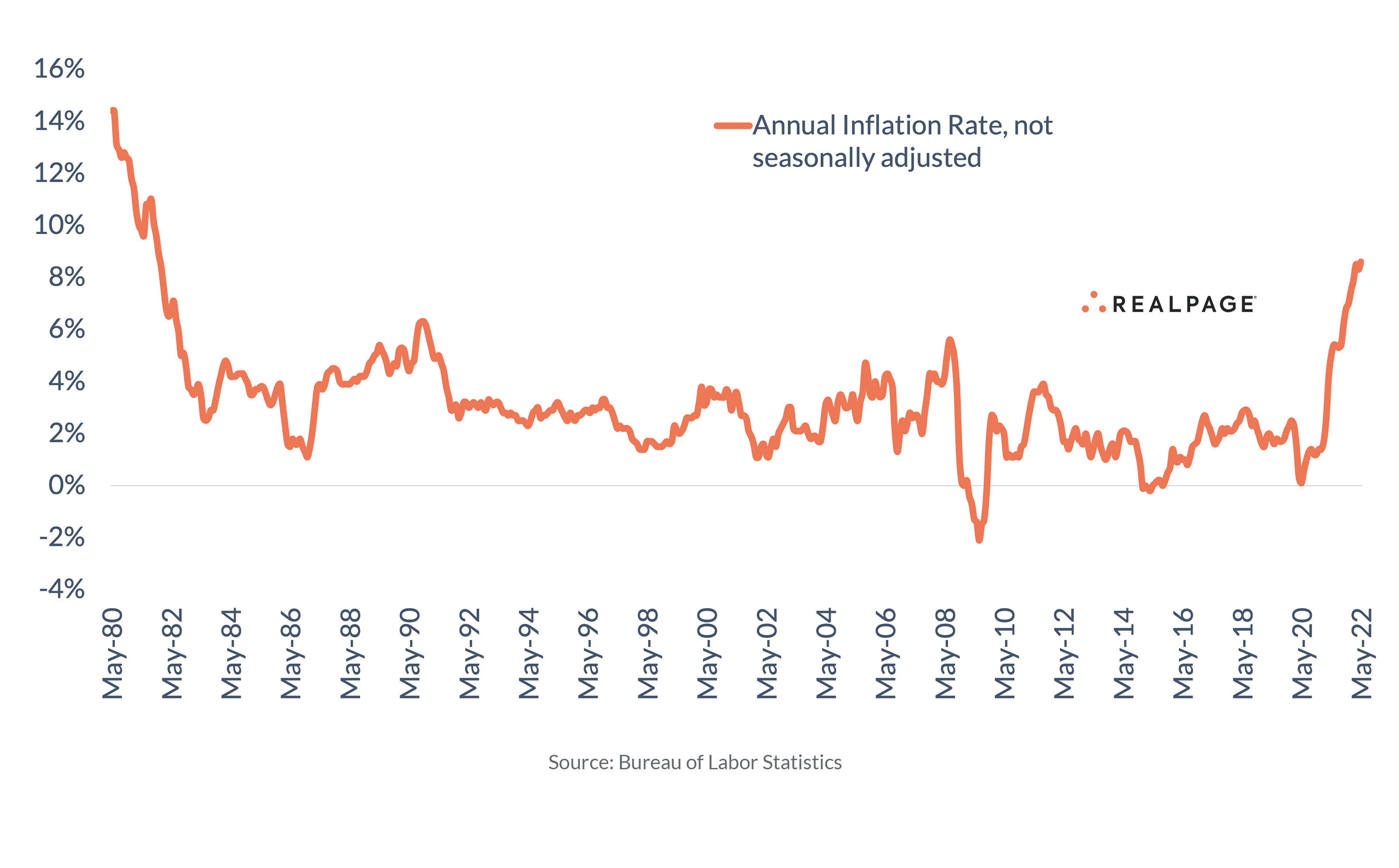
Guest Blog - The Impacts of Soaring Energy Costs on the Care Sector - Source www.thecareworkerscharity.org.uk
Through extensive analysis and research, we provide a comprehensive guide on this topic, offering valuable insights and perspectives for our readers.
FAQ about Article "Italy Battles Inflation With Soaring Energy Costs"
This FAQ section aims to provide clear and concise answers to frequently asked questions and address common concerns regarding Italy's current economic situation, particularly the rising inflation and energy costs.
Question 1: What are the primary factors contributing to Italy's high inflation rate?
Answer: Italy's inflation is primarily driven by the significant increase in energy costs, both domestically and globally. The country relies heavily on imported energy sources, making it particularly vulnerable to fluctuations in global energy markets. Additionally, supply chain disruptions, labor shortages, and geopolitical tensions have further exacerbated upward price pressures.

U.S. Inflation Edges Higher, Pushed by Soaring Energy Costs | RealPage - Source www.realpage.com
Question 2: What measures is the Italian government taking to combat inflation?
Answer: The Italian government has implemented several measures to mitigate the impact of inflation, including tax cuts on energy bills, subsidies for businesses and households, and investments in renewable energy sources. They are also working to reduce the country's dependence on imported energy and diversify its energy supply.
Question 3: What are the potential long-term economic consequences of persistently high inflation?
Answer: Prolonged high inflation can erode the purchasing power of households, reduce investment and economic growth, and increase interest rates. It can also lead to social unrest and political instability. However, the government is actively monitoring the situation and taking steps to prevent these long-term consequences.
Question 4: How are Italian households coping with the rising cost of living?
Answer: Many Italian households are facing financial strain due to the rising cost of living. They are cutting back on non-essential expenses, seeking additional income sources, and relying on government assistance programs to make ends meet. The government is also exploring ways to provide further support to vulnerable households.
Question 5: What is the outlook for Italy's economy in the coming months?
Answer: The economic outlook for Italy remains uncertain due to the ongoing energy crisis and geopolitical tensions. However, the government's fiscal and monetary policies, along with the country's strong underlying economic fundamentals, are expected to provide some resilience. The government is committed to addressing the challenges and supporting economic growth, stability, and social cohesion.
Question 6: What can individuals do to prepare for the potential economic impacts of inflation?
Answer: Individuals can prepare for potential economic impacts by creating a budget, reducing debt, increasing savings, and exploring additional income sources. Staying informed about government assistance programs and economic trends can also be helpful. The government is committed to providing support to those affected by inflation and encouraging responsible financial planning.
In conclusion, the Italian government is actively addressing the challenges posed by high inflation and rising energy costs. While the situation remains uncertain, the government's commitment to stability, growth, and social protection provides hope for a resilient economic recovery in the future.
Transition to the next article section...
Tips
It is crucial to make some adjustments to combat inflation's effects. Here are some pointers to help you conquer this economic obstacle:

WION Fineprint | Soaring energy costs bite pasta lovers in Italy - Source www.wionews.com
Tip 1: Reduce Energy Consumption
With energy prices skyrocketing, reducing consumption can significantly lower your utility bills. Turn off lights when not in use, unplug appliances, and consider energy-efficient alternatives.
Tip 2: Negotiate with Service Providers
Don't hesitate to contact service providers like phone or internet companies. Politely inquire about discounts, promotions, or flexible payment plans to potentially reduce your monthly expenses.
Tip 3: Explore Government Assistance Programs
Many governments offer financial assistance to those struggling with rising living costs. Research available programs in your area, such as energy rebates or rental assistance, to alleviate some of the financial burden.
Tip 4: Rethink Transportation Choices
Consider carpooling, using public transportation, or walking/biking for short distances. These alternatives can save you money on fuel and parking costs while promoting a healthier lifestyle.
Tip 5: Prioritize Essential Expenses
Review your budget to identify non-essential expenses that can be cut back. This will free up funds for essential expenses like housing, healthcare, and food.
Tip 6: Save Money on Groceries
Plan meals, use coupons, and take advantage of store loyalty programs to save on groceries. Consider buying generic brands or shopping at discount stores to reduce food costs.
Tip 7: Increase Your Income
Explore ways to supplement your income through a side hustle, freelance work, or a part-time job. This additional income can help offset rising inflation rates.
La Repubblica: Italy Battles Inflation With Soaring Energy Costs
In its quest to combat inflation exacerbated by soaring energy costs, Italy's central bank, La Repubblica, faces a multifaceted battle. Six key aspects deserve scrutiny:
- Monetary Policy Tightening: Raising interest rates to curb inflation.
- Energy Diversification: Exploring new energy sources to reduce dependence on imports.
- Fiscal Stimulus: Government spending to boost economic growth.
- Price Controls: Capping prices to ease the burden on consumers.
- Wage Restraint: Limiting wage growth to prevent inflationary spirals.
- Public Communication: Explaining measures and encouraging responsible consumption.
La Repubblica's strategy must strike a delicate balance between combating inflation and maintaining economic growth. While monetary policy tightening can curb inflation, it risks slowing down economic activity. Energy diversification can reduce external vulnerabilities, but it requires significant investment. Fiscal stimulus provides short-term relief, but must be paired with fiscal discipline to avoid exacerbating inflation. Price controls may offer immediate relief, but they can distort markets and lead to shortages in the long run. Wage restraint is necessary to prevent inflationary spirals, but it must be implemented fairly to avoid social unrest. Public communication is crucial to ensure public understanding and support for the measures being implemented.

Soaring Energy Costs Pushes Buyers Towards More Efficient New-Build - Source www.mulgraveproperties.co.uk
La Repubblica: Italy Battles Inflation With Soaring Energy Costs
Rising energy costs are a major factor in Italy's battle against inflation. The country's reliance on imported energy makes it especially vulnerable to price increases. The conflict in Ukraine has further exacerbated the situation, leading to a surge in gas and oil prices.
The Italian government has taken several measures to combat inflation, including a cut in taxes on energy bills and a subsidy program for low-income households. However, these measures have only had a limited impact. Economists warn that inflation is likely to remain high in the coming months, as the war in Ukraine continues to disrupt global energy markets.
The soaring energy costs are having a significant impact on the Italian economy. Businesses are being forced to pass on the increased costs to consumers, leading to higher prices for goods and services. This is putting a strain on household budgets and making it difficult for businesses to remain profitable.

Soaring electricity bills are the latest inflation flashpoint | NCPR News - Source www.northcountrypublicradio.org
The Italian government is facing a difficult task in trying to bring inflation under control. The conflict in Ukraine is a major factor that is beyond its control. However, the government is taking steps to address the issue, and it is working with other European countries to find a solution to the energy crisis.
Conclusion
Italy's battle against inflation is likely to be a long and difficult one. The country is facing a number of challenges, including the war in Ukraine, its reliance on imported energy, and a weak economy. The government is taking steps to address the issue, but it is unclear whether these measures will be enough to bring inflation under control.
The soaring energy costs are a major threat to the Italian economy and the welfare of its citizens. The government must take all necessary measures to address this issue, including working with other European countries to find a solution to the energy crisis.